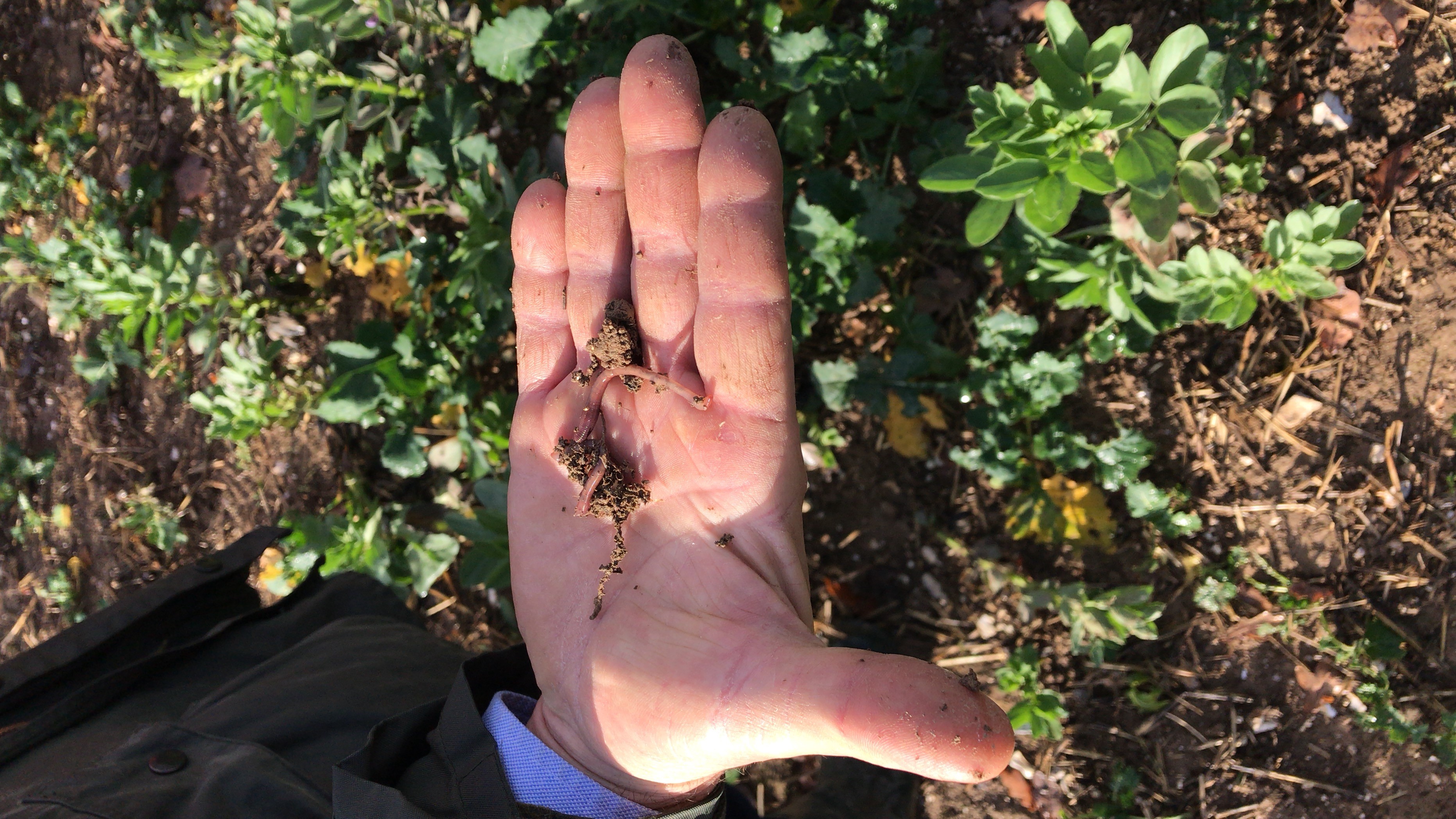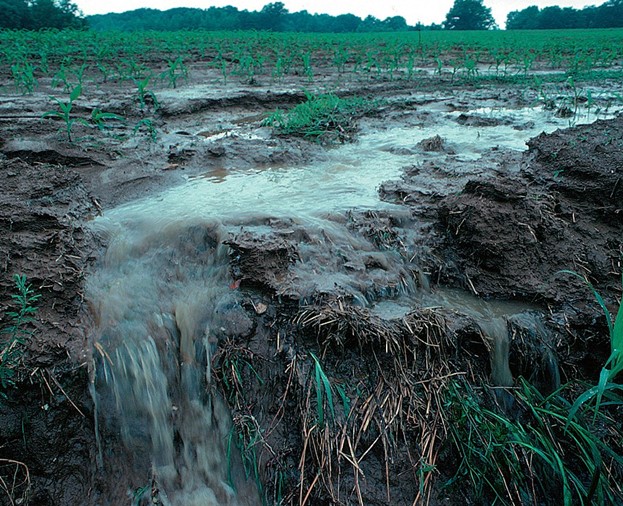



Sustainable farming practices could save Mediterranean soils
A team from the Diverfarming project has shown the efficacy of sustainable management of the soil in avoiding erosion and runoff, above all in intense rainfall events.The desert is making inroads into the Mediterranean area. The loss of soil produced by erosion and runoff is being aggravated by a semi-arid climate in which the majority of the annual precipitation falls in very few intense rainfall events that drag the land even more. Taking into account that, according to the National Inventory of Soil Erosion (INES) of Spain, more than one third of the surface area of the country suffers from erosion qualified as "serious" or "very serious" means that there is an unavoidable need for actions aimed at protecting the land and agriculture which are supported on Mediterranean soils.


Sustainable soil management practices based on reduced tilling; the use of vegetation cover as green manure or direct sowing may be the protagonists of that action which recovers the Mediterranean soils. According to an article led by the researcher from the Diverfarming project, María Martínez-Mena, and her team from the Group of Conservation of Soils and Water at the CEBAS – CSIC Research Centre, the reduction in tilling in an almond crop brought about an 85 percent decrease in soil erosion. For the wheat crop, implementing these practices led to a 60 percent reduction in erosion compared to traditional intensive tilling.
These data are taken from a study which measures the action of, on the one hand, the reduction in tilling and, on the other hand, the reduction in tilling coupled with green sowing (establishing covers that later on are incorporated into the soil to provide nutrients) for six years. These practices were applied to almond and wheat crops, on a farm in Murcia which, in turn, is one of the study fields included in the Diverfarming project.
In addition to the decrease in erosion, runoff has also fallen by 30 percent for wheat and 65 percent for almond. Together with the conservation of the soil by means of controlling erosion, it was also shown that there was an increase in organic carbon and nutrient content in the soil, since the reduction in the mobilisation of sediments from the uppermost layer, which is the most fertile and rich in nutrients, enabled the phosphorus, nitrogen and organic carbon to remain where they should be: serving as a food for crops.


Adopting this type of practices will be useful to deal with climate change, since it was demonstrated that they were most effective during high-intensity rainfall events and, as has been seen in recent years, the increase in such torrential rainfall events and "DANA" [closed upper-level low] is expected to be one of the effects of climate change. Sequestration of organic carbon in the soil increases, thereby avoiding its emission into the atmosphere.
The beneficial effects of these sustainable farming practices in controlling soil erosion were observed shortly after there were introduced (18 months) and continue to be effective six years into the study.
Rescuing the Mediterranean soils is a step nearer thanks to the introduction of this type of practices which, although they do not significantly increase the production with respect to traditional more intensive practices, do provide ecosystem services such as increased water retention, carbon sequestration and a lower use of fertilisers due to the reduction in the mobilisation of nutrients caused by erosion.
Diverfarming is a project financed by the Horizon 2020 Programme of the European Commission, within the challenge of “Food Security, Sustainable Agriculture and Forestry, Marine, Maritime and Inland Water Research and the Bioeconomy”, under agreement 728003.









